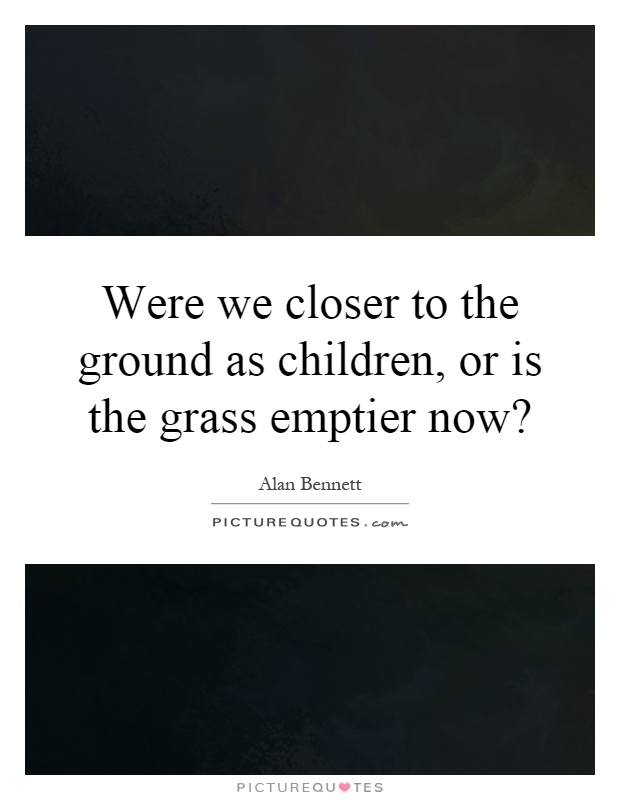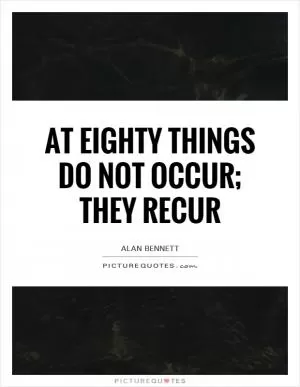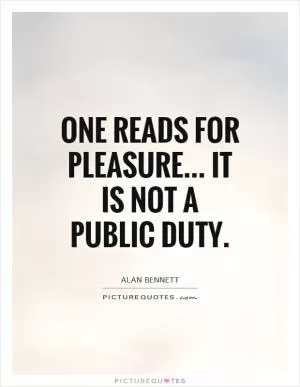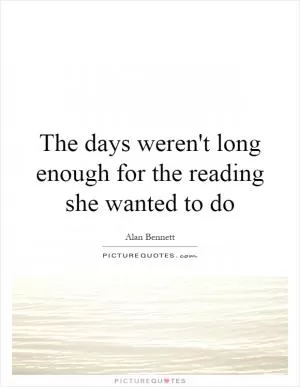Were we closer to the ground as children, or is the grass emptier now?

Were we closer to the ground as children, or is the grass emptier now?
Alan Bennett, the renowned British playwright and author, often explores themes of memory, nostalgia, and the passage of time in his works. In his writing, he frequently reflects on the innocence and simplicity of childhood, contrasting it with the complexities and challenges of adulthood. One of the recurring motifs in Bennett's work is the idea of being closer to the ground as children, and whether the grass seems emptier now in comparison.In Bennett's play "The History Boys," the character Hector muses on the fleeting nature of youth and the loss of innocence that comes with growing up. He laments the fact that as children, we are more connected to the earth, more in tune with the natural world around us. The grass, in this sense, symbolizes the purity and simplicity of childhood, a time when we were more carefree and unburdened by the responsibilities and worries of adulthood.
As we grow older, Bennett suggests, we become more detached from the earth, both physically and metaphorically. We lose touch with the simple pleasures of running barefoot through the grass, feeling the cool blades beneath our feet. The grass, once lush and vibrant, now seems emptier and more barren, mirroring the emptiness and disillusionment that can come with age.
Bennett's poignant reflections on childhood and the passage of time resonate with many readers and audiences, as they tap into universal experiences of nostalgia and longing for a simpler time. His writing captures the bittersweet essence of growing up, the joy of youth mingled with the pain of loss and regret.












 Friendship Quotes
Friendship Quotes Love Quotes
Love Quotes Life Quotes
Life Quotes Funny Quotes
Funny Quotes Motivational Quotes
Motivational Quotes Inspirational Quotes
Inspirational Quotes